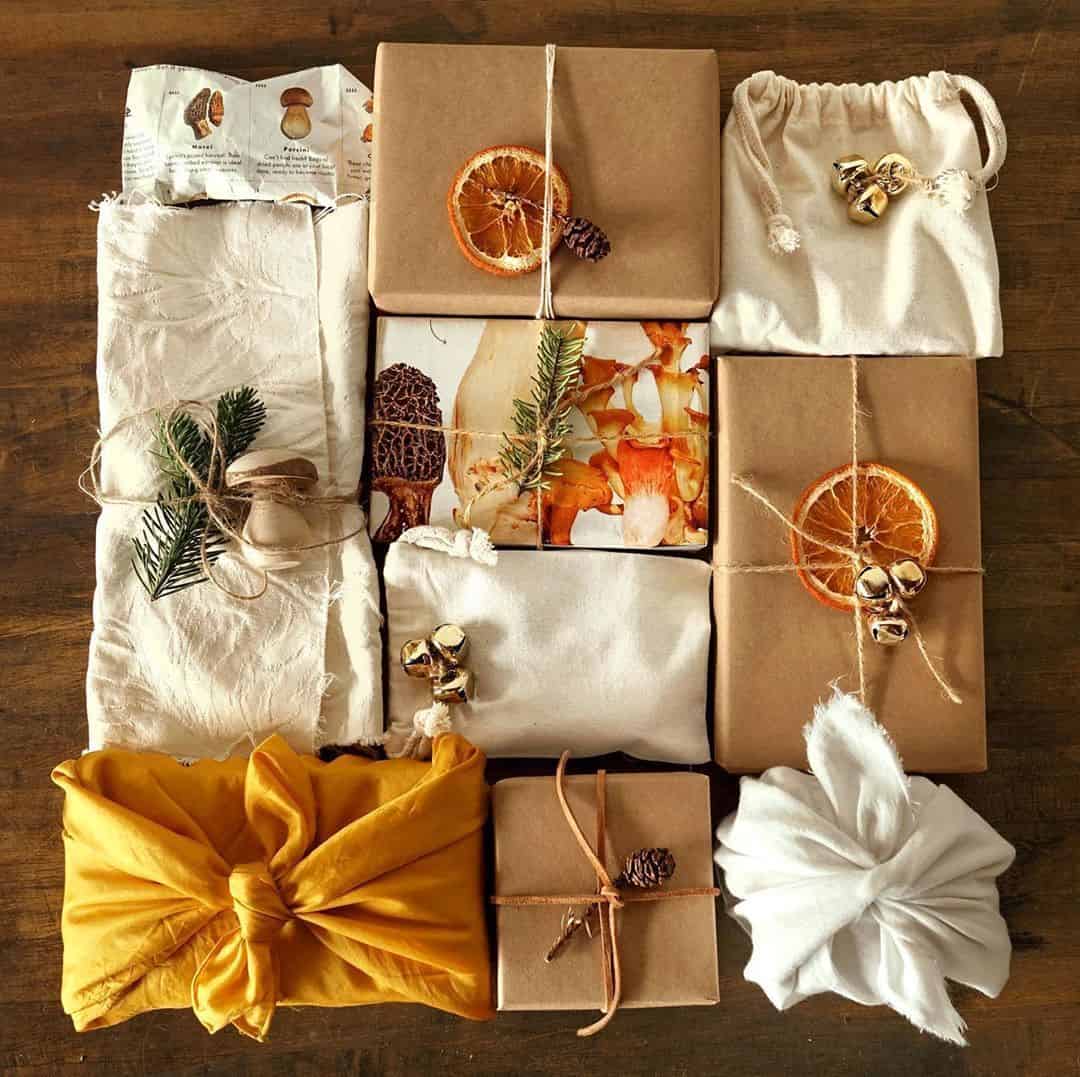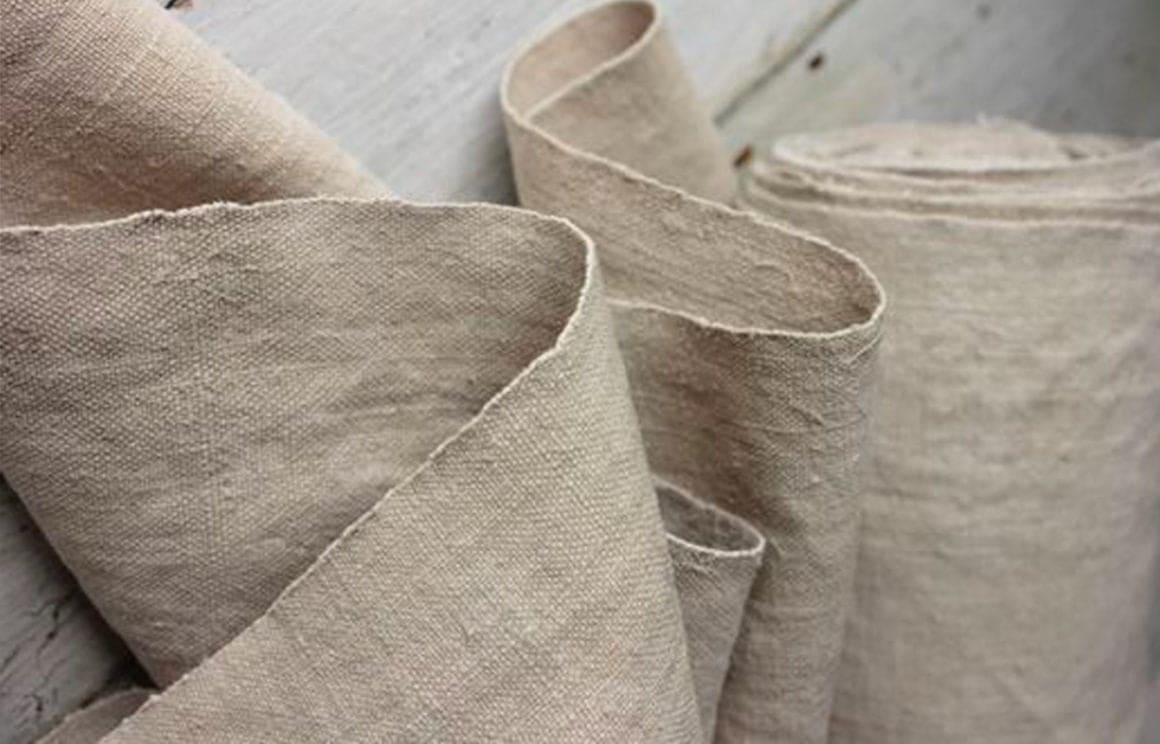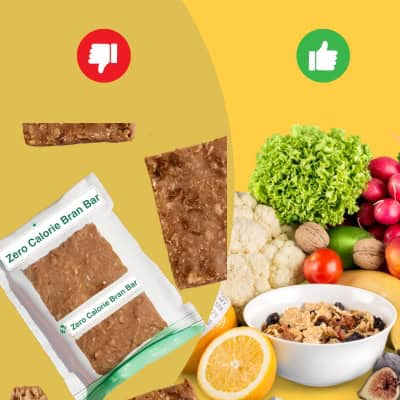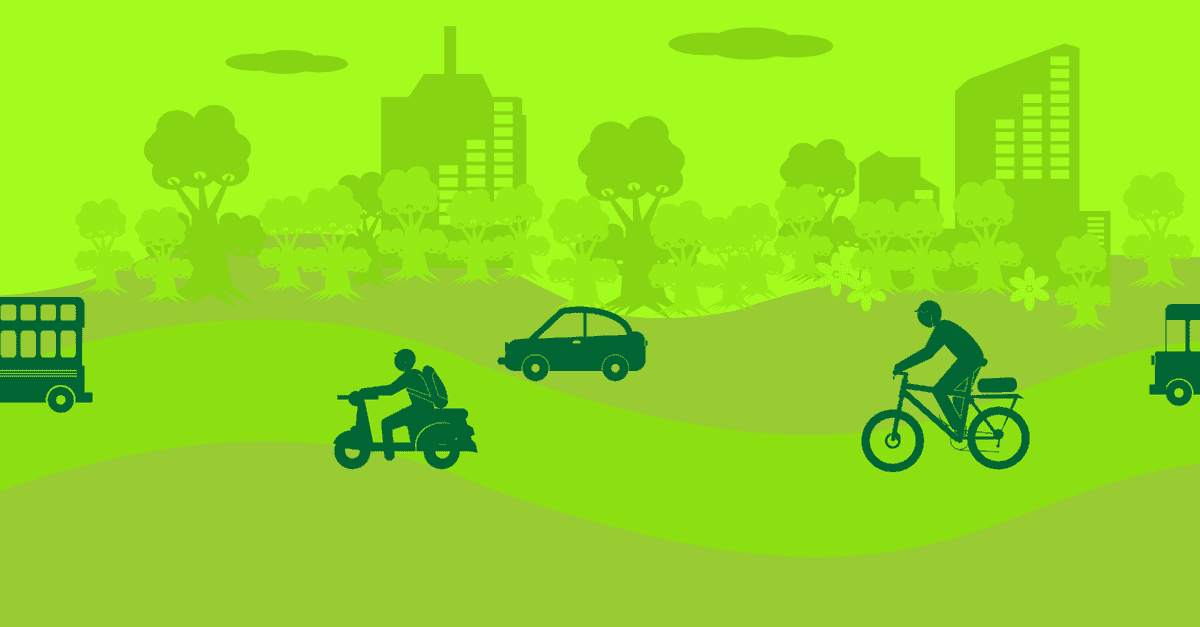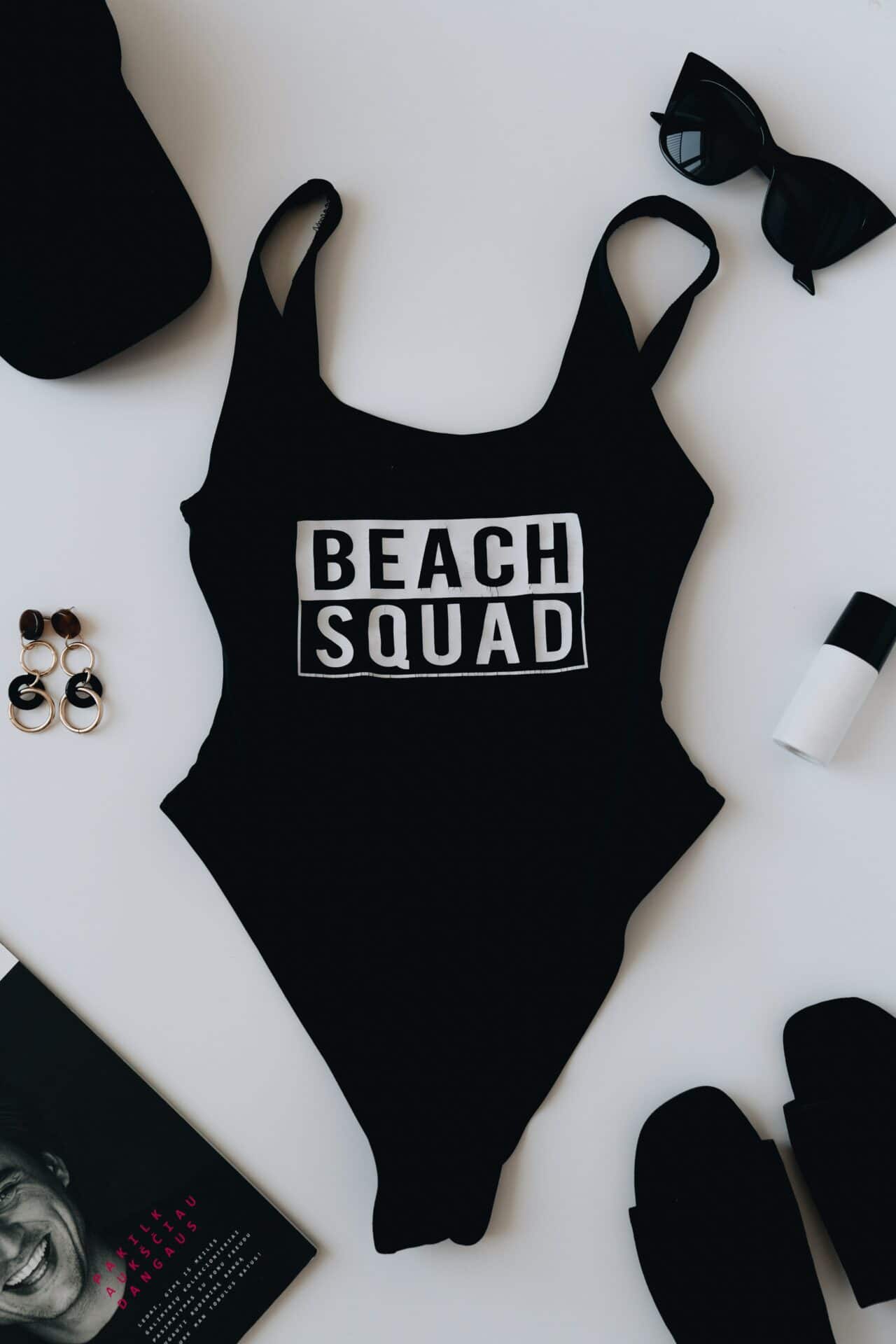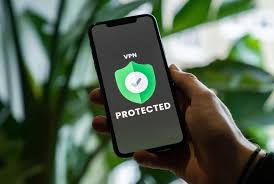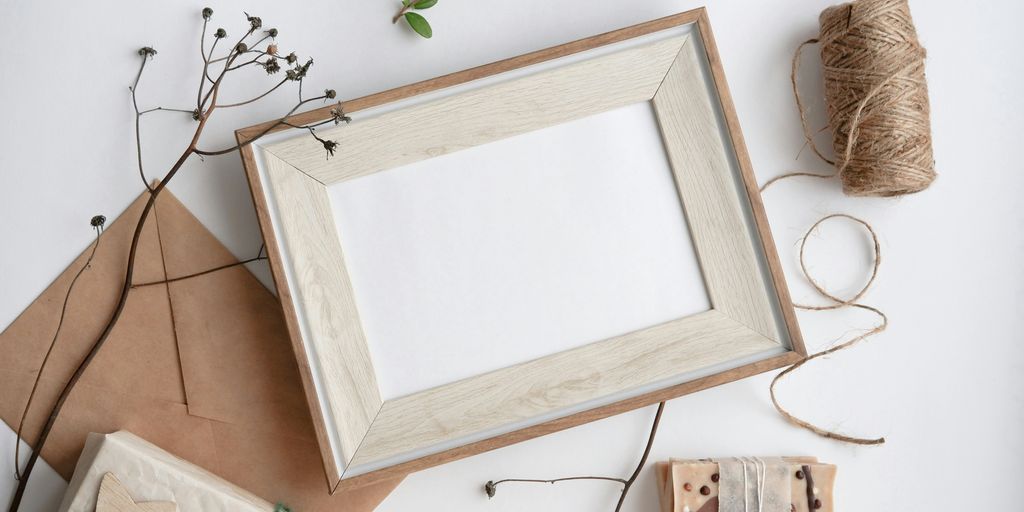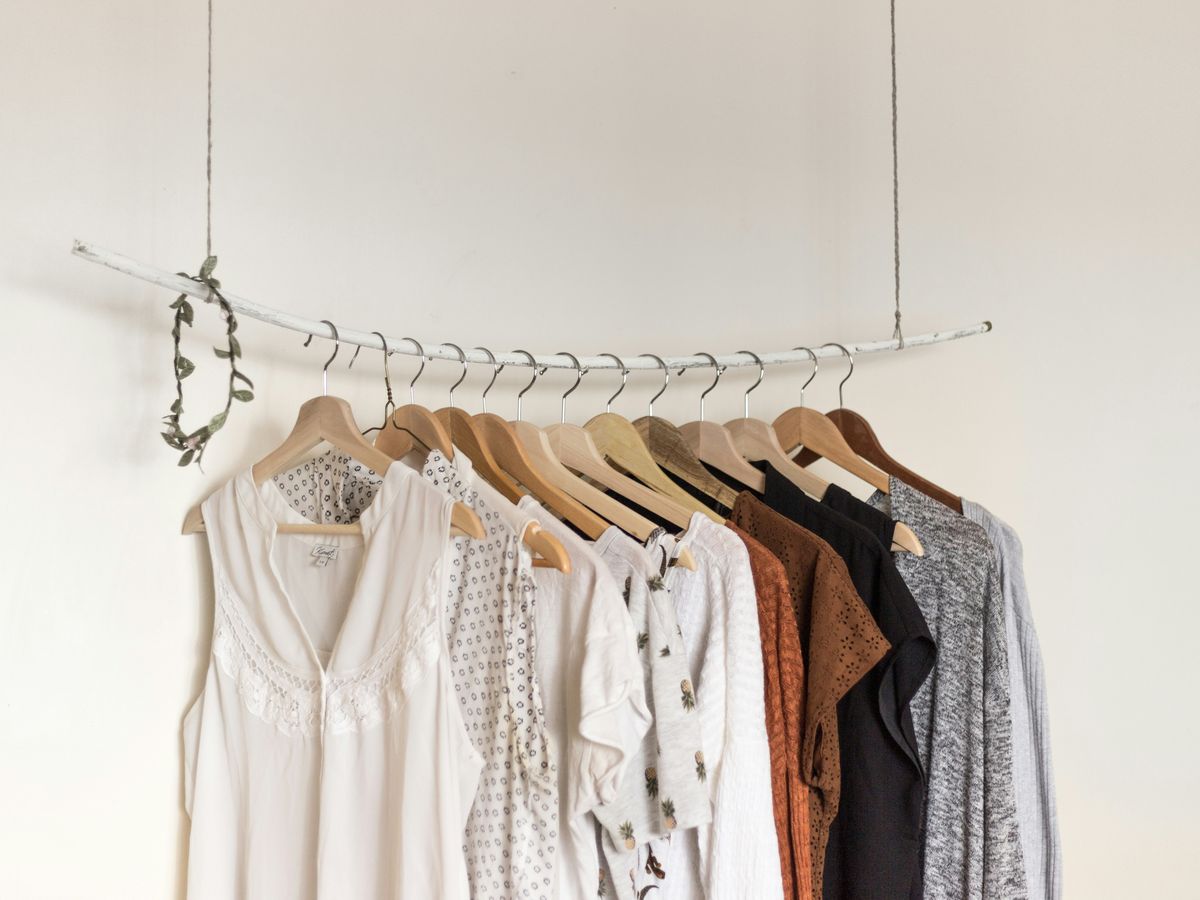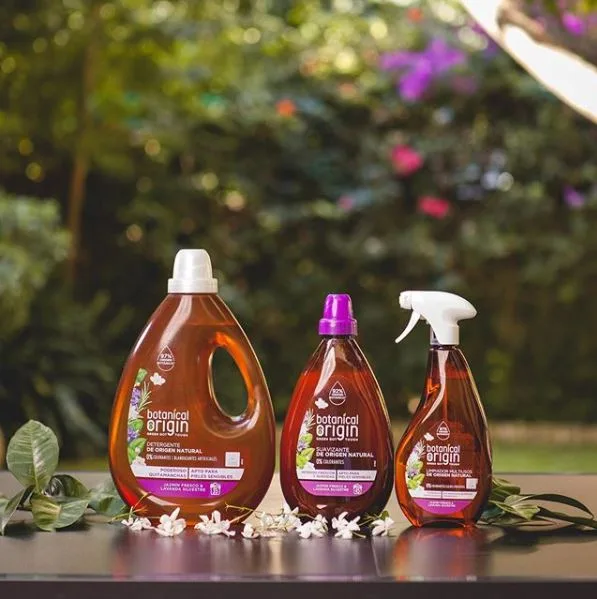To date, there are 8.3 billion tonnes of plastic on the planet, and 6.3 billion tonnes of it is just trash. To give you an understanding — imagine 55 billion jumbo jets. That’s the amount of plastic we have. Without immediate and consistent action, it’s expected to grow nearly triple that amount by 2040. What will this kind of future look like? Nature and people living alongside plastic like it’s another species inhabiting the planet? I’m sure all of us have thought of eliminating plastic from our lives at least once. But plastic is everywhere and it makes life so convenient — it’s hard to go out of our way and quit using it.
This is where Plastic Free July comes in. It’s a perfect opportunity to make a small, easy change that ends up becoming a way of life. It’s the push you need to get started and keep up with a plastic-free lifestyle and ensure a green, clean future. Discover the significance of Plastic Free July and unlock valuable insights to embark on a journey towards a plastic-free lifestyle. Empower yourself to make a positive impact on both your well-being and the planet. Here are some practical tips to kickstart your plastic-free journey and contribute to a greener, cleaner world.
What Does Plastic Free July Mean?
Plastic Free July is a global movement that encourages people to avoid plastic and aid in reducing global plastic pollution. It’s a challenge — the ones who participate have to avoid single-use plastic for a month and replace it with reusable and sustainable products. The main goal behind the Plastic Free July movement is to help people create a small change for a month, one that’s so easy to establish that they keep it up permanently.
To date, the movement has inspired more than 100 million people in 190+ countries and has helped reduce 2.1 billion tonnes of waste worldwide. 86% of the people who participate end up making changes that become a lifestyle. It makes sense that July was chosen as a month to establish the challenge — this is when we’re outdoors, enjoying the summer, appreciating the environment and nature around us. What other time to instill awareness about the endless plastic waste that’s killing our planet?
Who Invented Plastic Free July?
Rebecca Prince-Ruiz started the Plastic Free July movement with a handful of participants in a small town in Western Australia, in 2011. Their vision was — and is — to make a plastic-free world a reality. The significance of this initiative made environmentalists worldwide catch on to the movement given their concerns about the rising plastic pollution.
Now, millions of people all over the world are participating to eradicate plastic waste from the planet and committing to making changes that last beyond July. It’s right to say that the Plastic Free July movement is helping change the world for the better.
Effect of Plastic Pollution on the Planet and People
Plastic pollution has a drastic impact on life on Earth. Here are 5 ways it destroys health and the planet.
Impact on Oceans and Marine Life
Nearly 14 million tonnes of plastic waste enter the oceans every year. Plastic in oceans has a massive negative impact on the marine ecosystem. Marine wildlife like seabirds, turtles, whales, and fish, mistake plastic for food and experience death by indigestion. It also causes many of them to get entangled or die of suffocation. Every year, it’s estimated that 100,000 marine mammals die of plastic pollution. Out of 123 marine mammal species, 81 have been known to have eaten or been entangled in plastic. And all 7 turtle species known are affected by plastic pollution.
Harmful to Human Life and Other Beings
Plastics are artificially made using several toxic chemicals. They have become so widespread that they’ve found their way into our food and water supplies. When we consume these plastics, it can lead to neurological and developmental disorders in both humans and animals. A recent study has shown that microplastics are now found in our blood. Due to our constant exposure to plastic, it’s now literally running in our veins. You can only imagine what that means for our health.
Upsets the Food Chain
As we already mentioned above, plastic has already entered our bloodstreams. It’s accumulated in the bodies of marine wildlife and land animals. The process of this transfer of plastics within food chains is called ‘trophic transfer’. Plastic ingestion in fish results in altered brain activities, affecting their dopamine levels and their ability to make decisions, learn, and hunt prey.
Many grazing animals on land also ingest plastic. It gets accumulated in their fats and tissues. This process is called bioaccumulation and it can kill the animals or severely hurt their digestive systems. In humans, plastic causes serious diseases and health problems like hormone-related cancers, and neurological disorders like Autism and ADHD.
Land Pollution
Every day, 27 million tonnes of plastic is dumped into landfills in the USA. It takes potentially 1000 years to decompose and leaches toxins into the soil. This kills tiny creatures like mites and larvae that aid in maintaining the fertility of the land, rendering it unfit for growing food and crops.
Transportation for Invasive Species
Plastic waste acts as a raft, enabling invasive species to reach different habitats. These species, like non-native bacteria and other organisms, can permanently damage ecosystems by replacing native species. They can break and modify crucial processes like nutrient cycling. Once they establish themselves in new ecosystems, it’s not feasible to remove them. In the long term, nature is unlikely to be able to cope with these changes.
Plastic Free July Ideas to Start the Challenge with Ease
By taking up the Plastic Free Challenge, you’ll not only protect your future but also save money and simplify your life. While in the beginning, some changes might be inconvenient, in the long run, you’ll be better equipped and save a lot of money and effort. It’s a change 100% worth making.
Here are simple steps you can take this July to participate in the global challenge.
Ditch Single-Use Items
Coffee cups, cutlery, take-out containers, carry bags, straws… the list is endless. Single-use plastic is probably one of the worst inventions on the planet. It’s one of the main benefactors of the throwaway culture that’s generating non-biodegradable plastic waste by tonnes. It’s also the reason why there’s so much plastic in oceans. Quitting single-use plastic is hard. It’s not easy to ditch convenient habits. But trust us, soon you’ll be so grateful you made this change.
Make a list of all the single-use plastic items you have at home, the ones you find yourself using constantly. Then think of sustainable alternatives for them. Ones that are affordable, clean, and will last long. Reusable coffee cups, cutlery, organic cloth bags for shopping, and a water bottle you can carry everywhere. There are many replacements you can make. Also, please consider ditching straws altogether… Reusable straws are hard to clean and you can directly drink from the glass/container just fine. Seriously, we don’t even need straws. Think about it. Also, start using refills for necessities like cleaning supplies. You can even DIY it!
Always Carry Cloth Bags
This is very simple, yet very important advice. And will save you from accumulating plastic bags — one of the major causes of plastic pollution. We never know what we might end up purchasing while outside. And when we go unprepared, we always end up taking plastic bags home with us. Keep cloth bags on a cabinet or table close to your door. That way whenever you’re going out, you’ll take it with you. And if you do end up buying something, you won’t have to use an extra plastic bag from outside.
Be Conscious While Shopping
This tip is easy to look over. But if you consider it carefully, you’ll end up making a lot more plastic-free decisions than you think. It’s so easy to fall for marketing tactics, especially when they’re right in our faces every time we step out and go to a store or supermarket. How many times have you ended up purchasing more than you needed or purchasing things you didn’t even need in the first place? I’m sure all of us have been guilty of this at some point in our lives. Whenever you’re shopping, take a moment to think about what you really want and what you’ll really use. Check your impulses. Pay attention to the plastics you consume. Simple mindfulness can take you a long way in leading a plastic-free life.
Pay Attention While Grocery Shopping
Groceries and meat use a lot more plastic than you’d think. Seen those single-wrapped fruits and veggies in supermarkets? God knows why single-wrapping (I’m not sure what the official term for that is, but yes) is even a thing. Avoid them. If you consume meat, then you know that you bring in new plastic bags every time you purchase it. You might also be storing them in plastic containers. Consider taking your own container whenever you go to the butcher. A steel container works well. Also, store your groceries and meat in steel and glass containers. That way, you’ll avoid a lot of plastic you might’ve otherwise used.
Without the addition of plastic packaging, meat is already very problematic. You could consider switching to a vegan lifestyle. Here’s an article to convince you.
Talk to Plastic-Free Enthusiasts and Get Inspired
Many of us are on our journey to plastic-free lives. So many of us are participating in this movement. Find friends online on Twitter or Instagram and connect with them. Follow blogs and vlogs on plastic-free lifestyles. There are so many inspirational sources online. Not only will you receive extra motivation in keeping up your plastic-free practices, but also connect with like-minded people who share similar values. Together is always better than alone!
The Best Everyday Plastic-Free Products
All said and done, here are some plastic-free alternatives for items that we use every day. After all, little changes every day is better than a big change once in a while. Replacing these items will save you money in the long run and help secure a green future.
Stainless Steel Containers
One of the most durable metals for daily use, stainless steel can replace a lot of single-use plastic in your home. Swap stainless steel containers for everything you could think of — grocery storage, lunch boxes, dinner plates, water bottles, kitchen storage, etc.
Bamboo Cutlery and Toothbrushes
Bamboo is a biodegradable plastic alternative. It’s one of the most sustainable crops. It’s fast-growing and needs no fertilizer. It regenerates from its roots, requiring no re-planting. Replace your cutlery and plastic toothbrushes with ones made of bamboo. They’re durable, lightweight, and fully compostable within 3-6 months.
Biodegradable Packaging
Biodegradable packaging is made of plant-based materials like hemp, wood, mushrooms, cornstarch, and cotton. It quickly disintegrates and decomposes. You can easily find it online with one Google search. Replace biodegradable packaging with plastic wrapping and bags you’d normally use. When shopping online, you can also choose to consume from sustainable brands that use biodegradable packaging for their products.
Natural Fibre Bags
A couple of sturdy, reusable cloth bags are all you need to replace hundreds, even thousands of single-use plastic bags. Make sure to choose natural fiber bags that are made from organic cotton, wool, hemp, or bamboo. You’ll find them in sustainable online shops, local vendors, or marketplaces like Etsy. Use them when you’re grocery shopping, or even as storage bags.
Bar Soaps for Bathing and Dishwashing
Hygiene products and dishwashing liquids are one of the main contributors to recurring plastic waste in households. You can replace them with bar soaps. Some amazing sustainable self-care brands offer bar soaps for bathing and shampooing. Multiple dish-washing bar soaps are available as alternatives as well. You’ll find plenty online.
The Final Word
When starting toward a plastic-free life, a little mindfulness goes a long way. You don’t have to make any drastic changes or turn your life upside down to eradicate plastic from your life and the earth. The key is to make small changes that will last and have a permanent impact. Read up a bit about plastic waste, make friends in the plastic-free communities online, and think before you make any sort of plastic purchase.
These simple steps, if followed by all, will help us effectively move toward a plastic-free future. Are you interested in learning more about living a plastic-free lifestyle? Visit Ecowiser for insightful articles and practical tips on how to reduce your plastic consumption.





